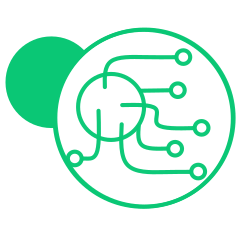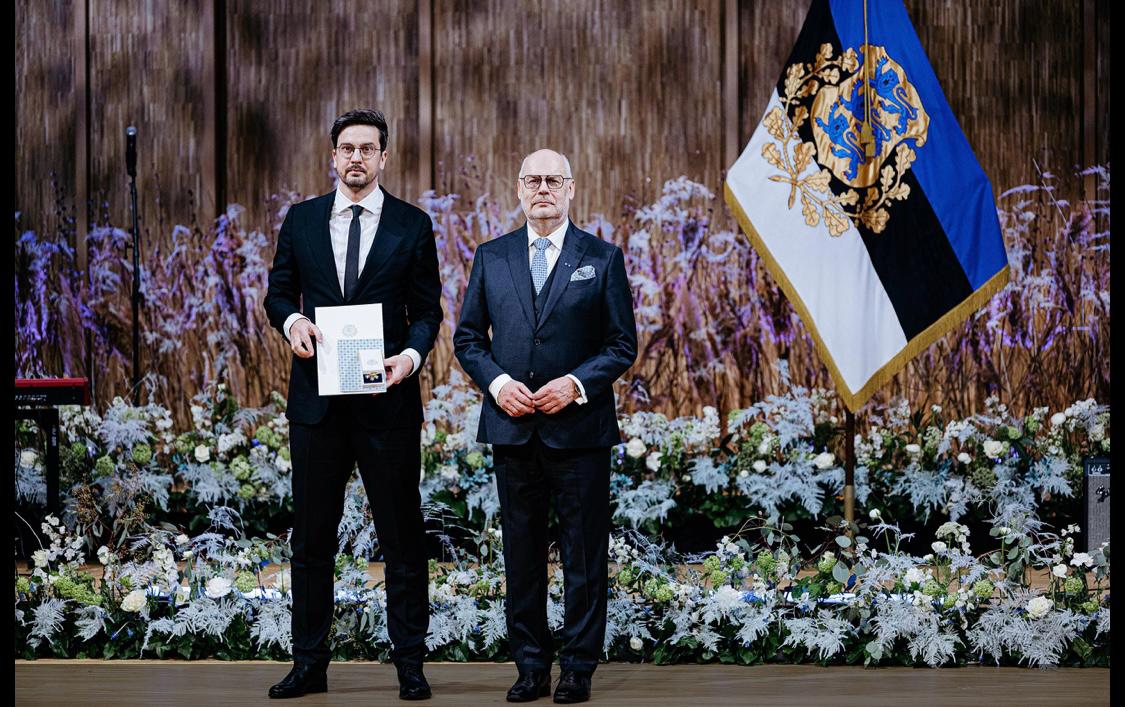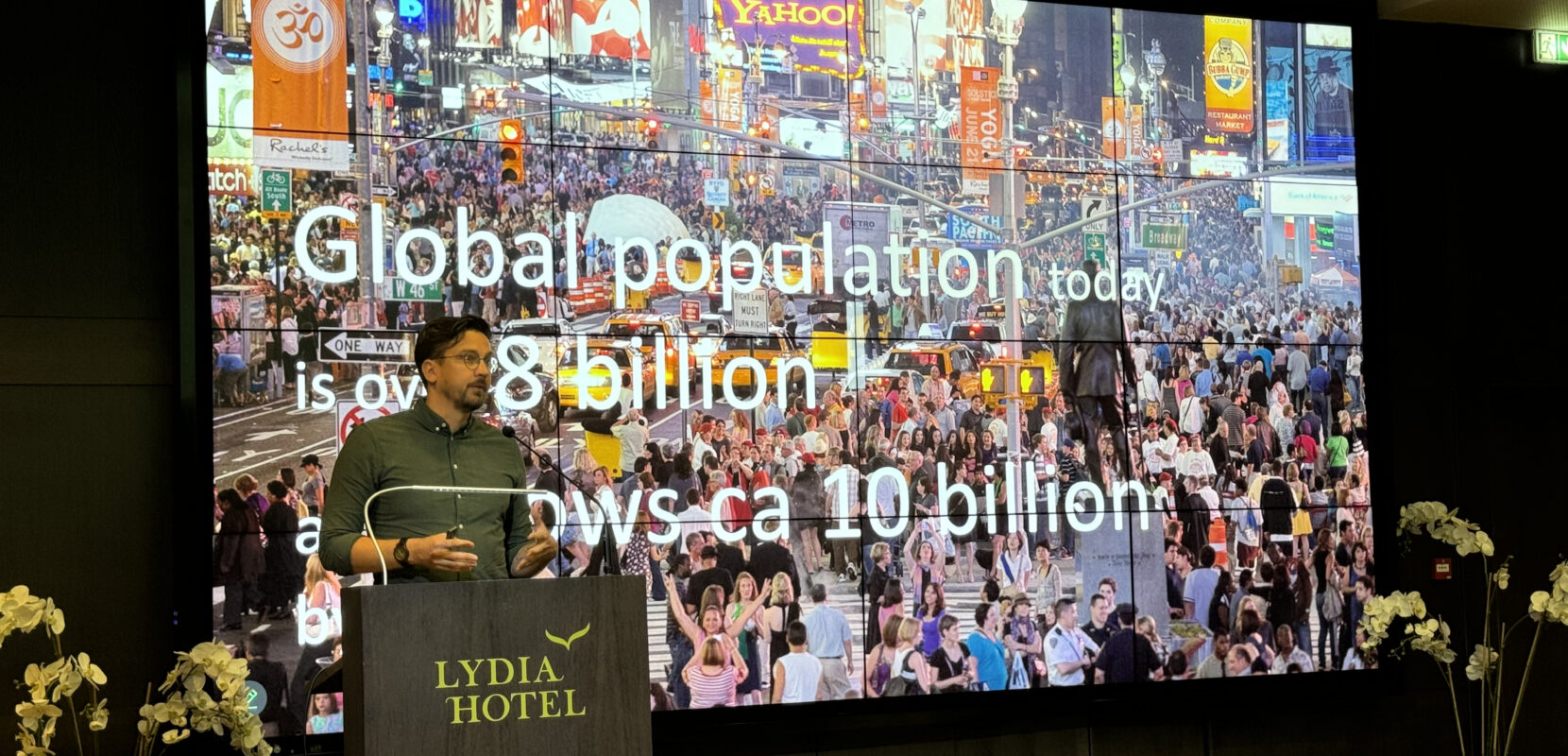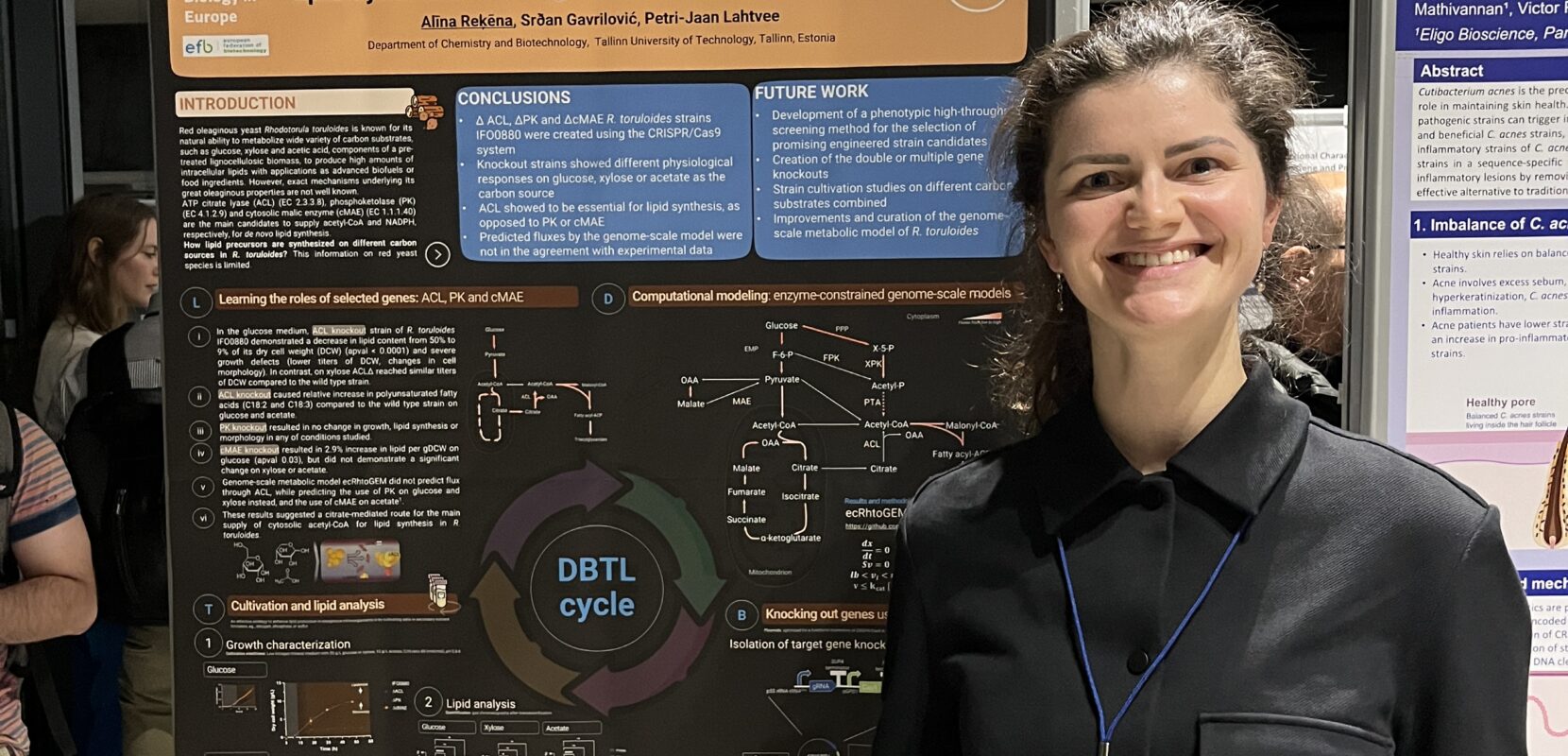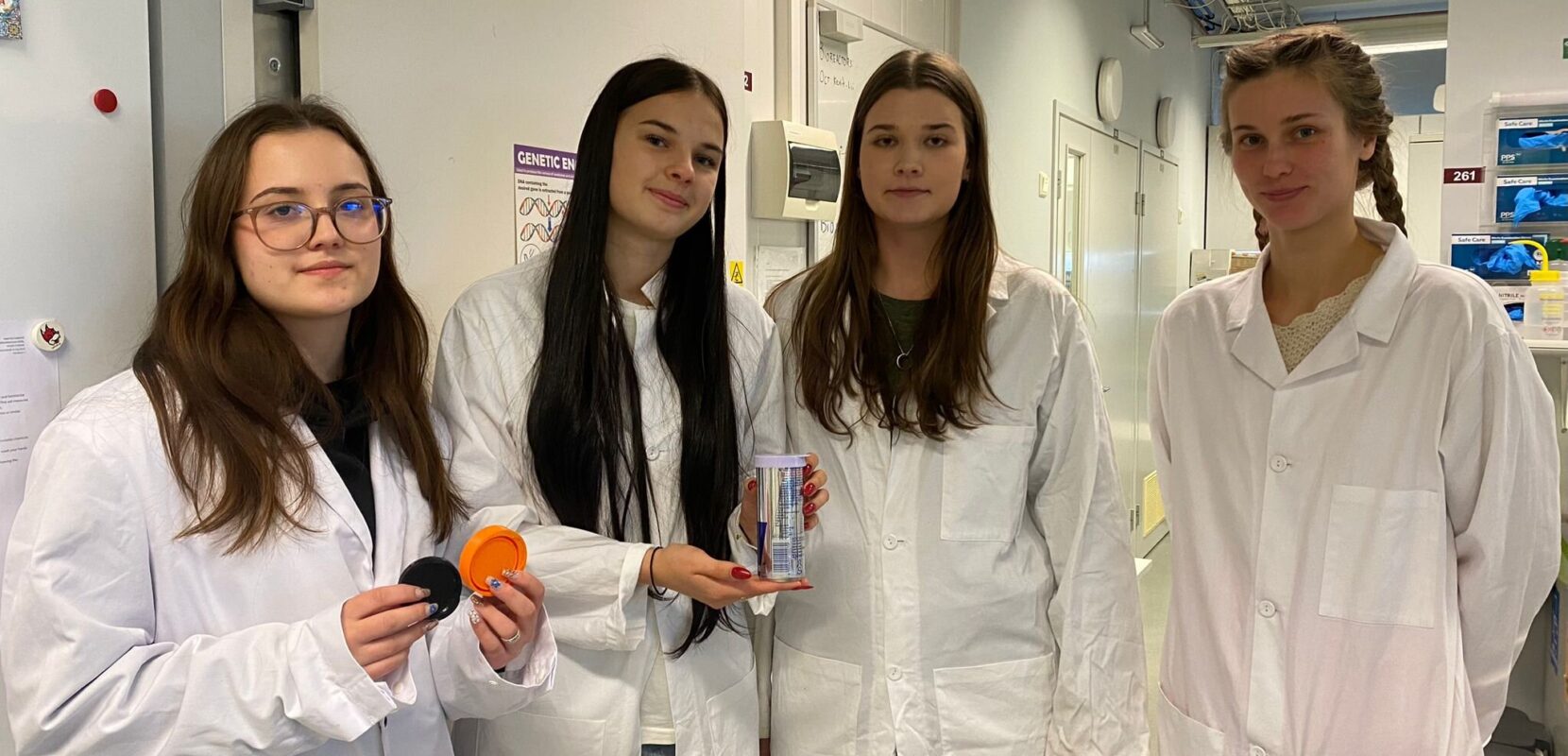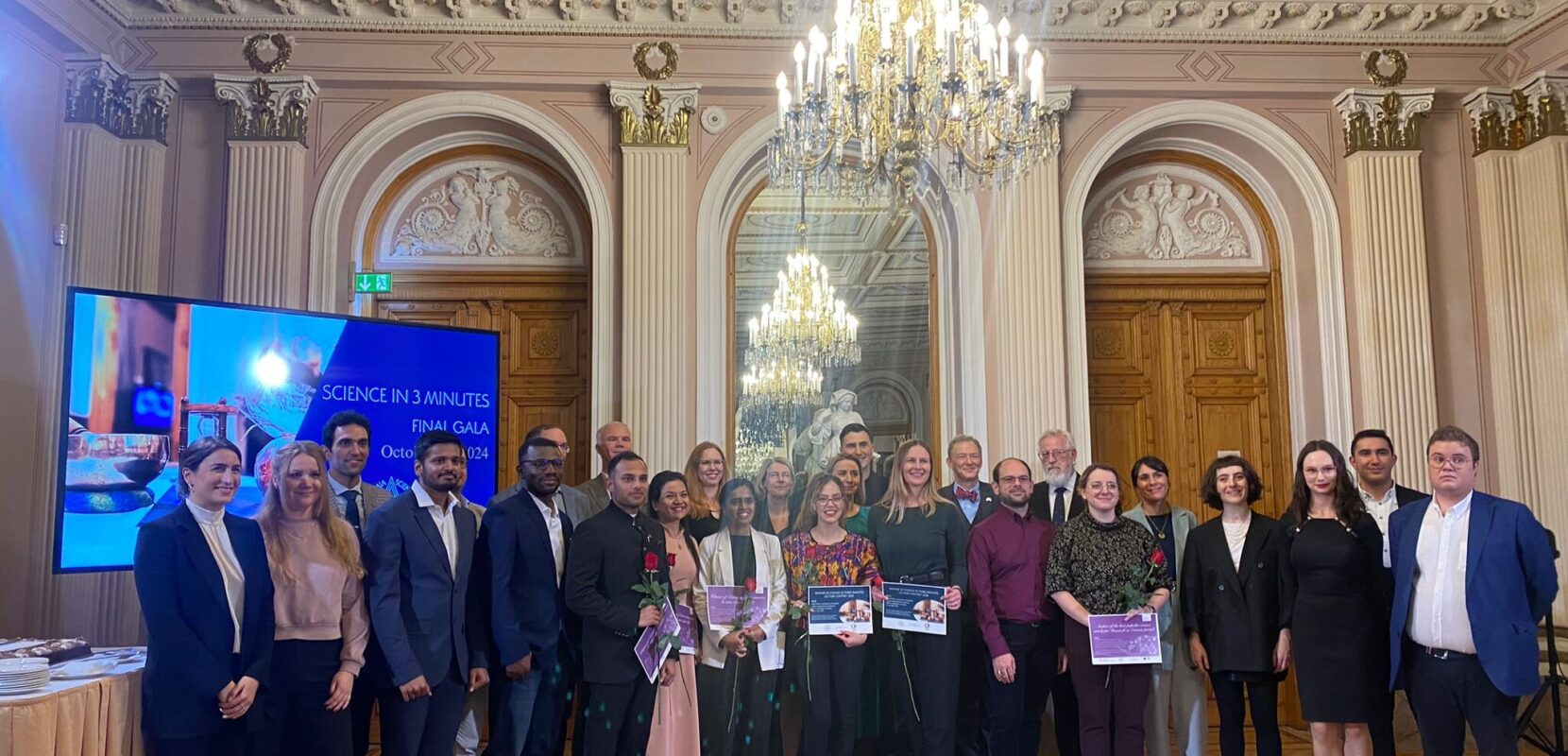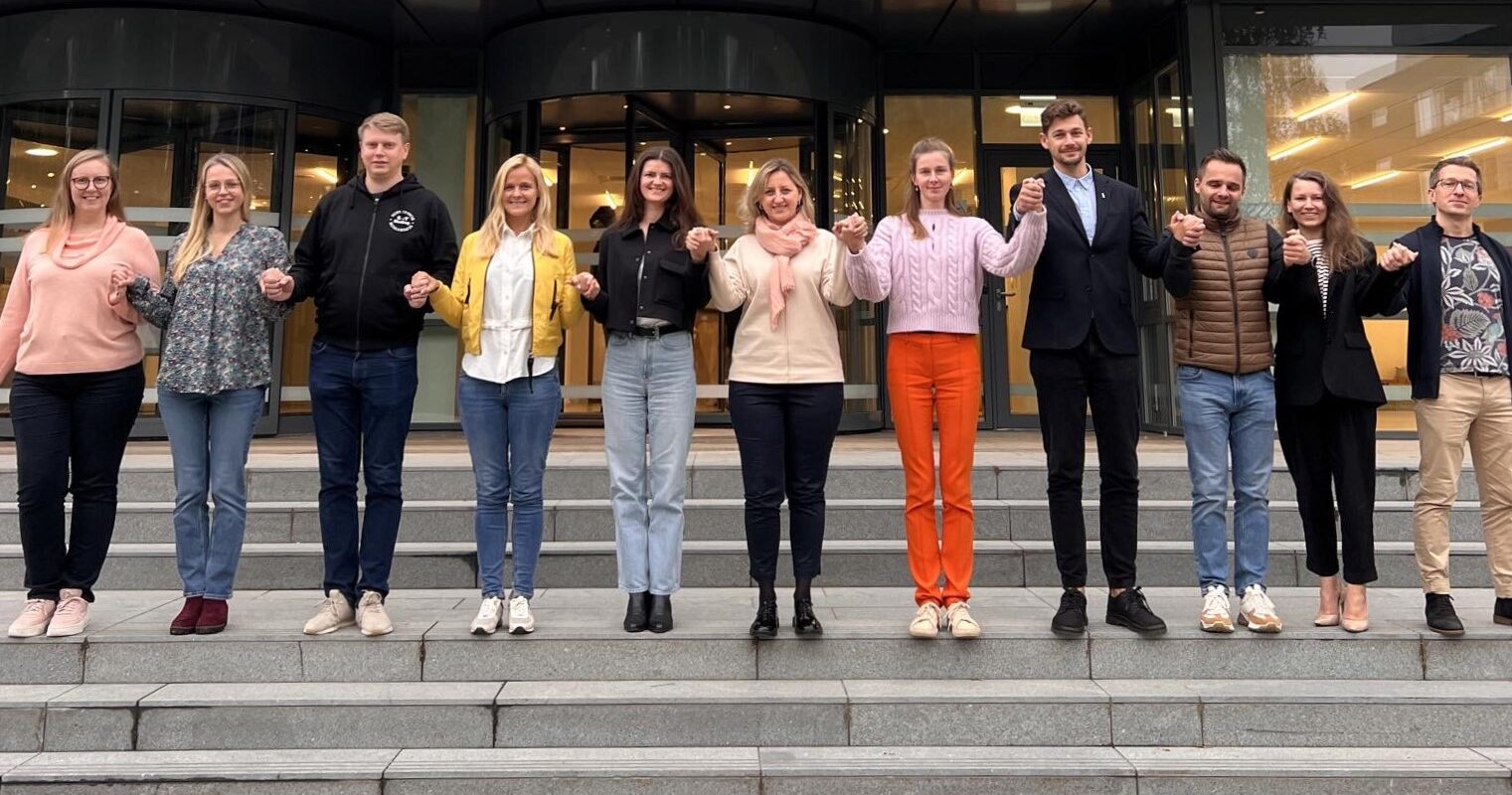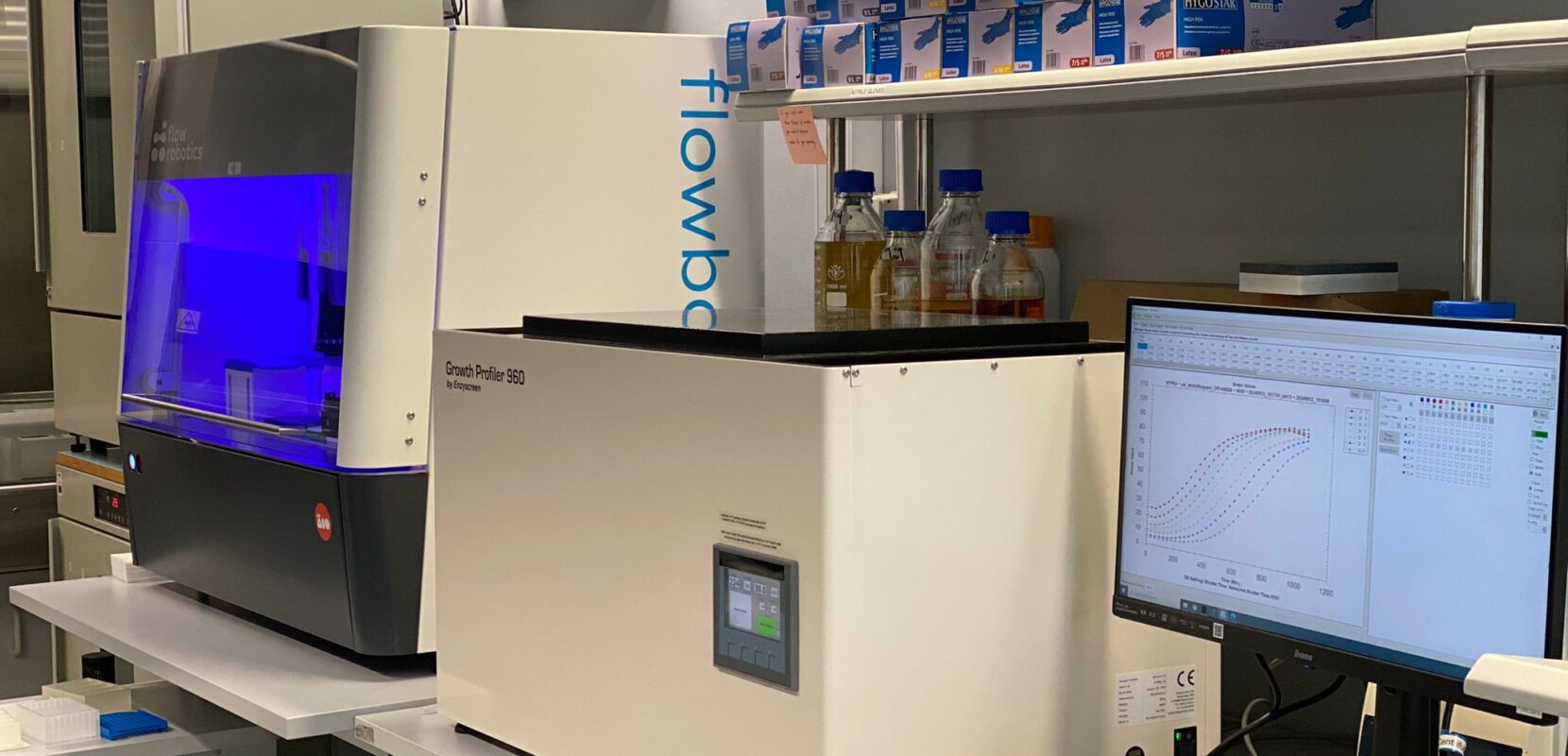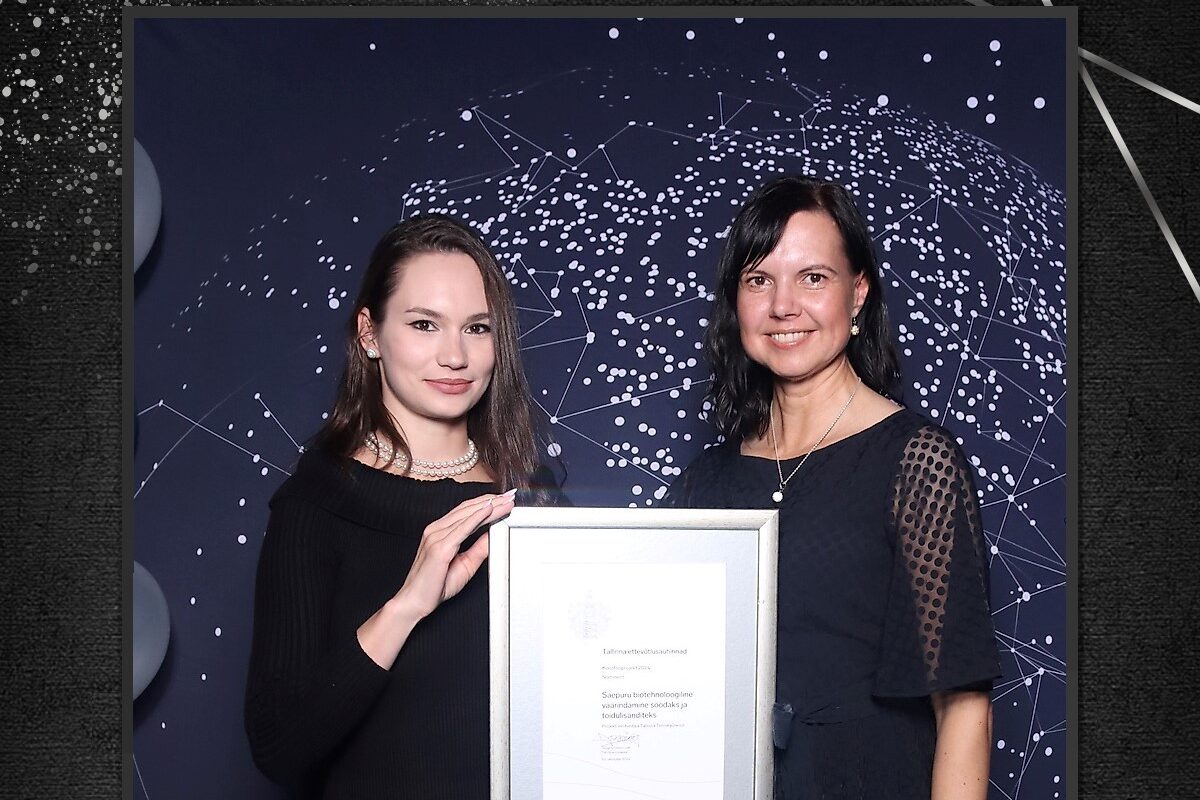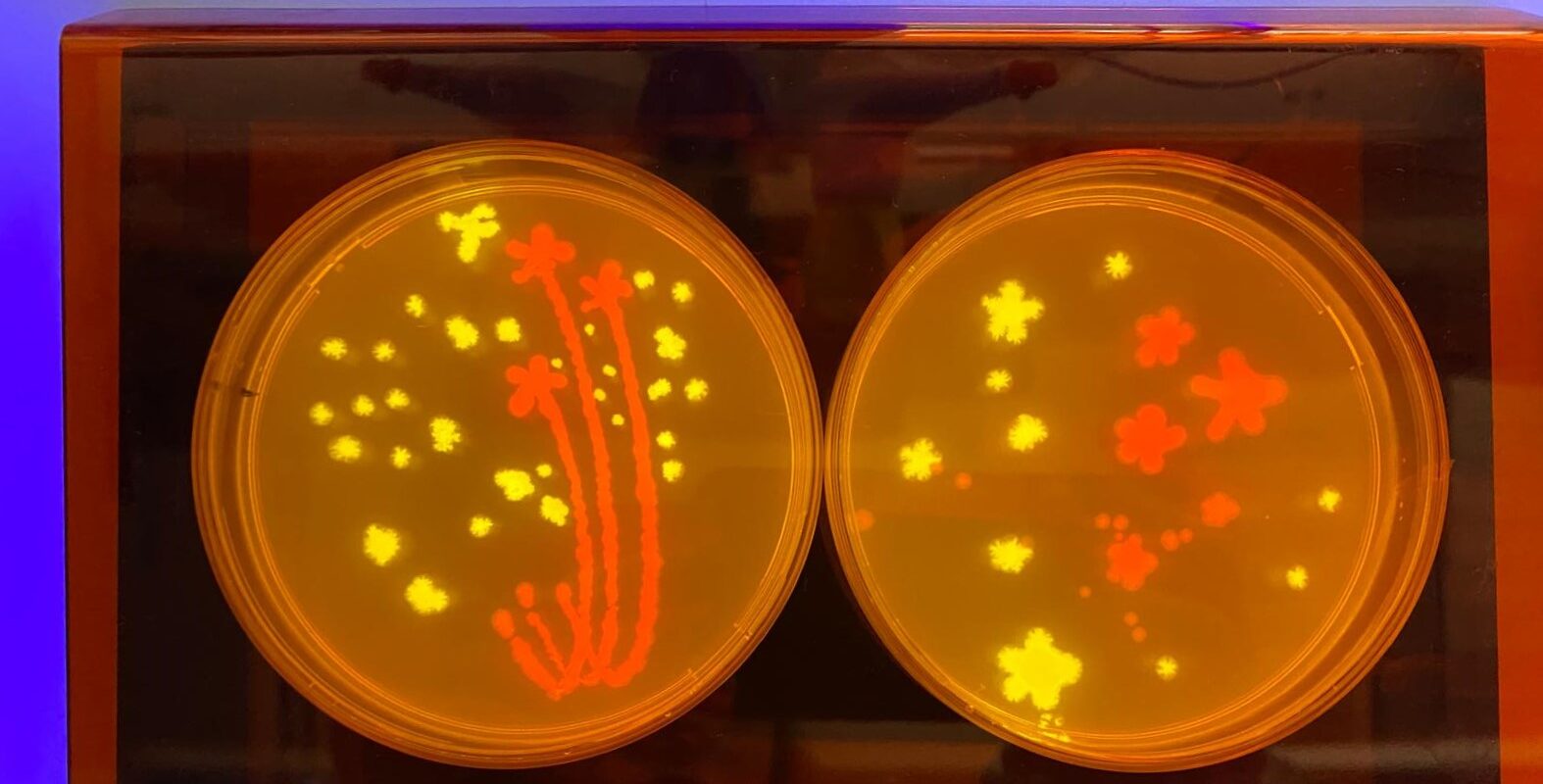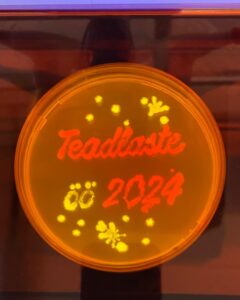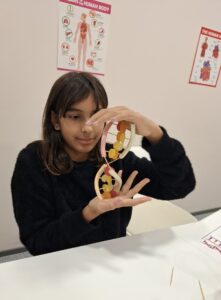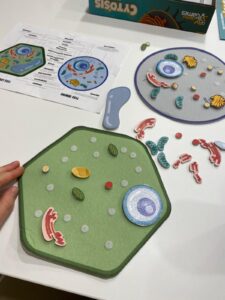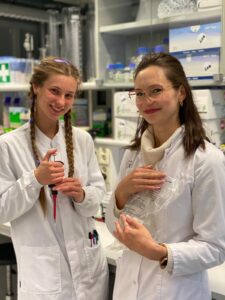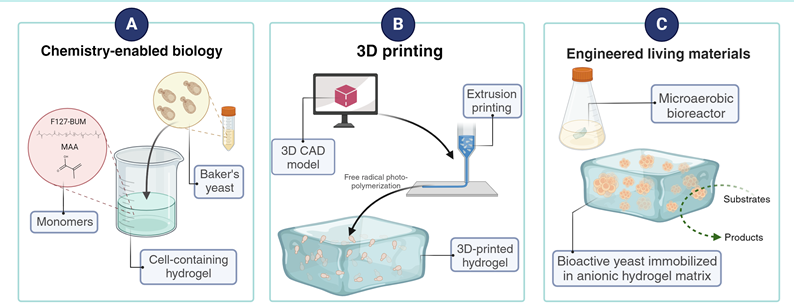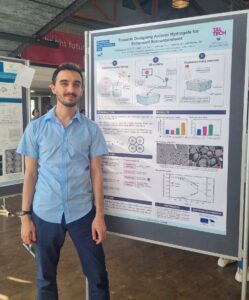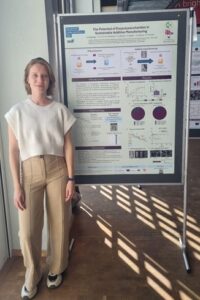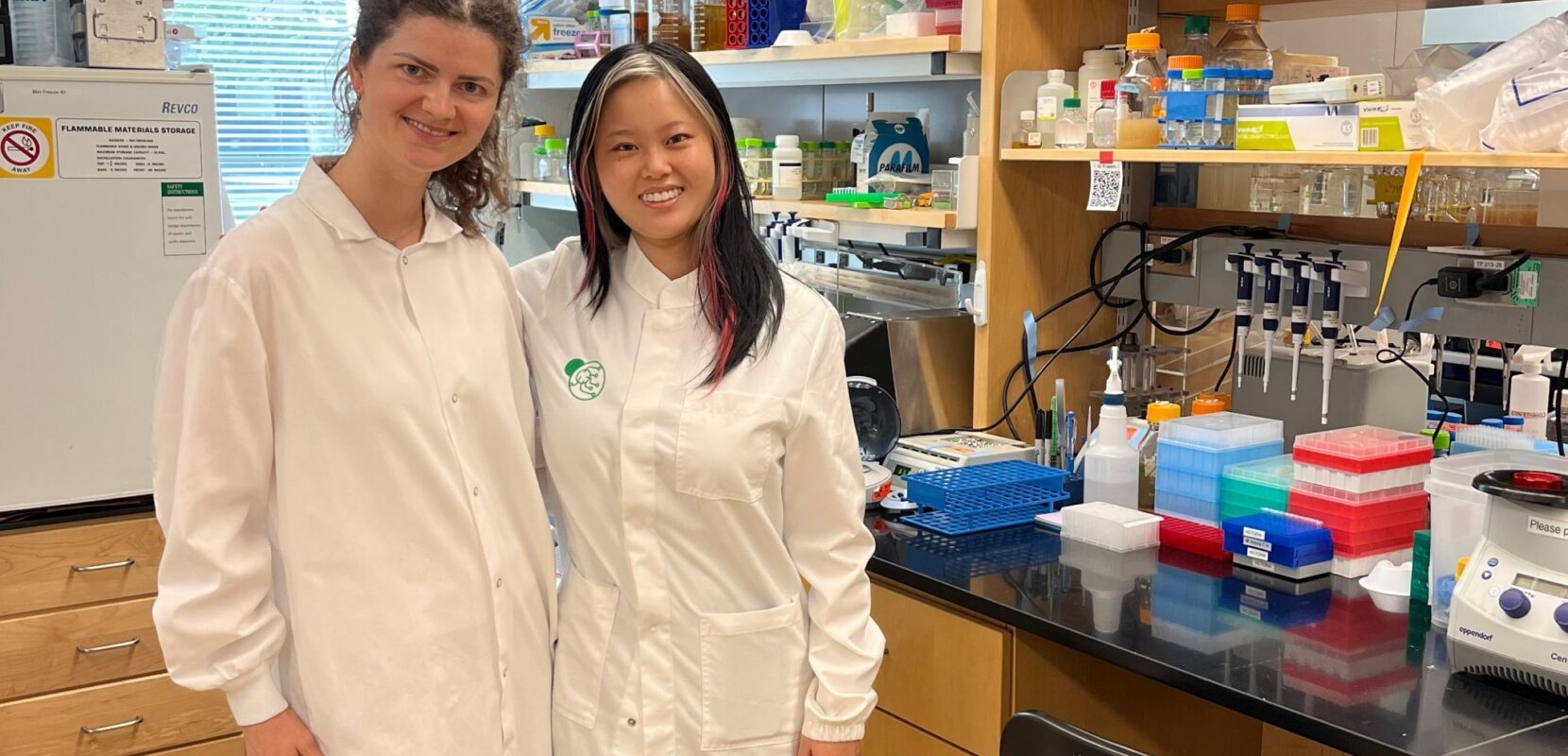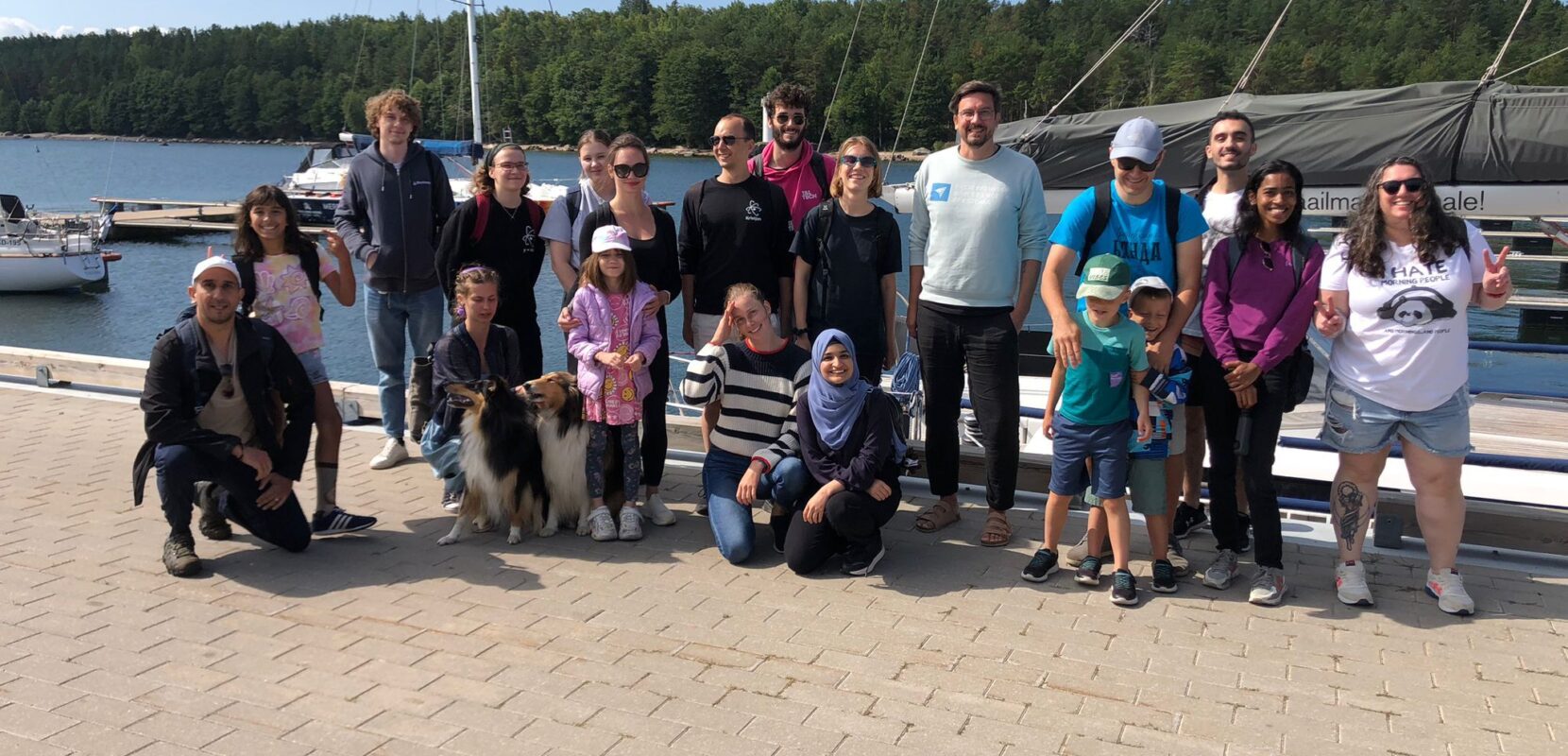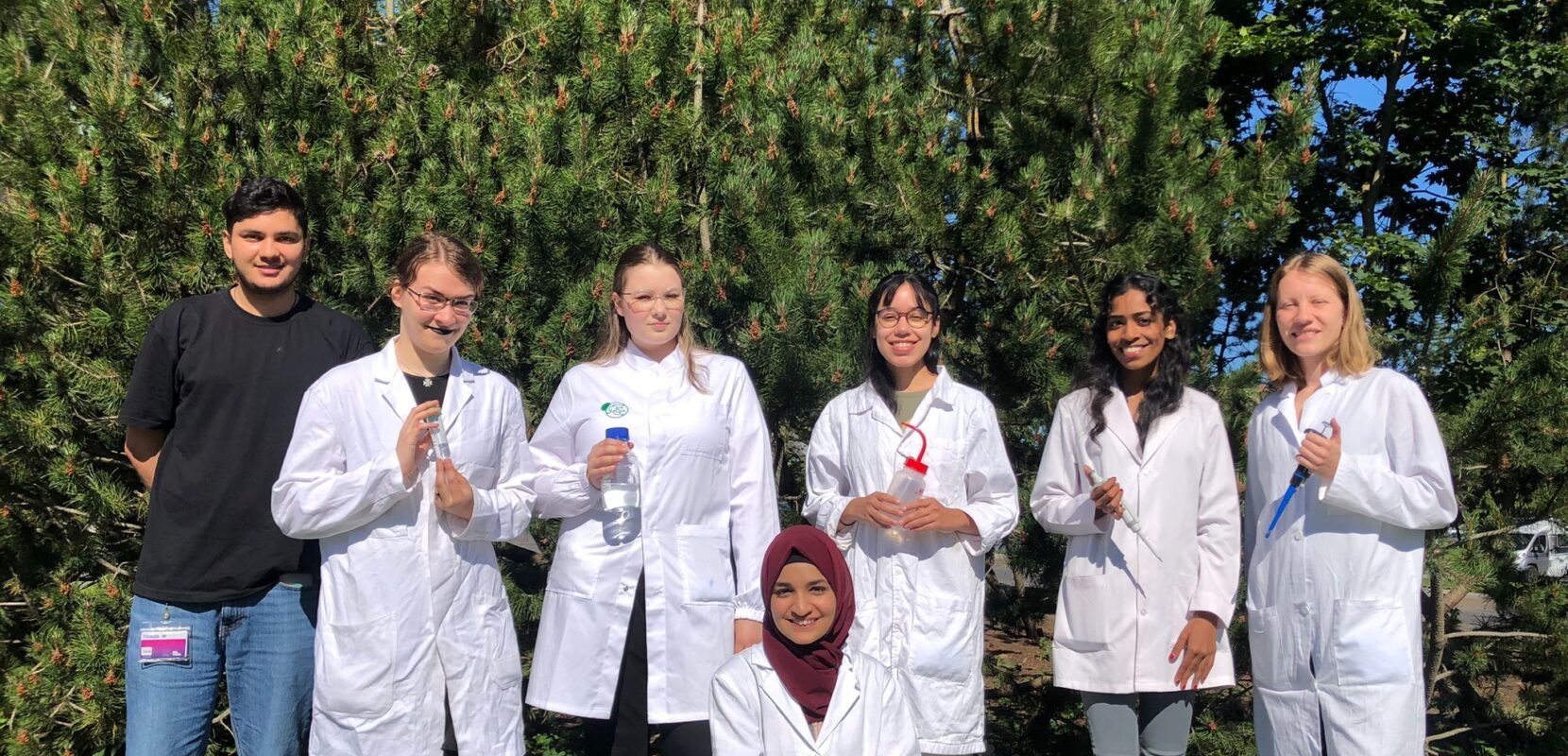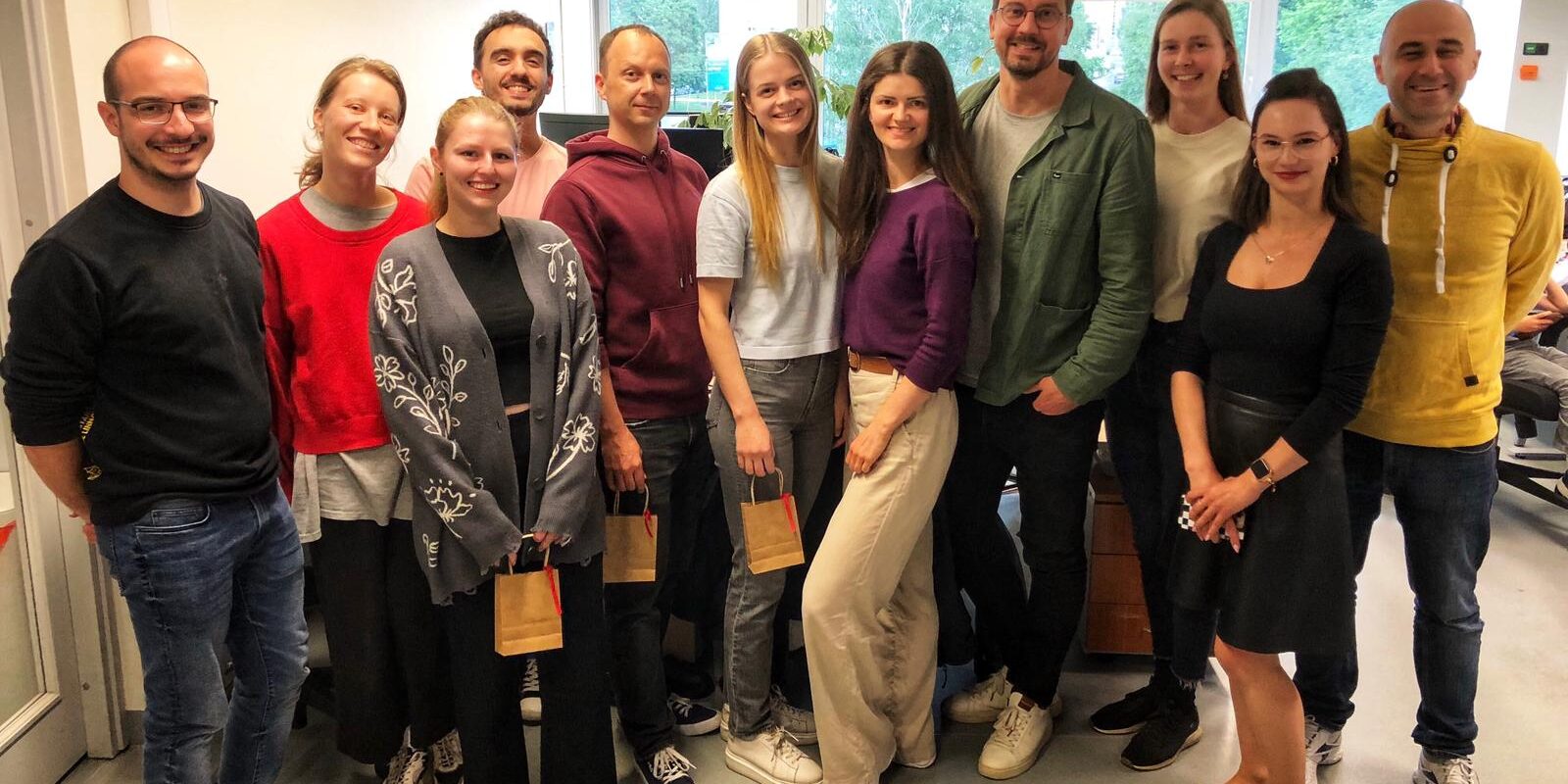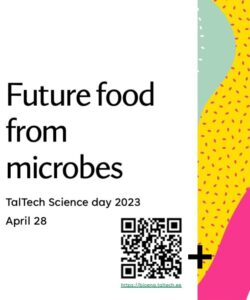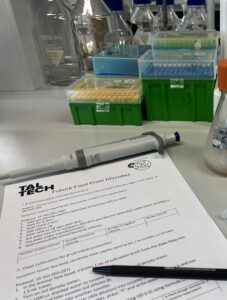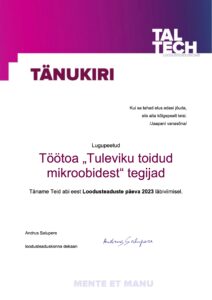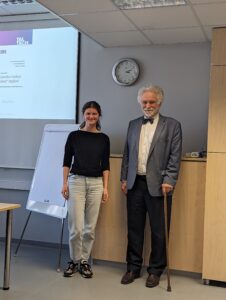☕ The Biotech Breakfast organized as part of sTARTUp Day in Tartu, Estonia was packed with people!
The Biotechnology Breakfast was the final event of the BIOCONNECT (Towards an integrated Baltic-Nordic biotech cluster) project, organized by the Bioengineering and Food Technology research group together with the project partners.
During the project, the partners Biocatalyst Foundation (Latvia), the Latvian Institute of Organic Synthesis, the Association LithuaniaBIO, Vilnius University Life Sciences Center (Lithuania), the Estonian Center for BioSustainability, Tallinn University of Technology (Estonia), and Synbio Powerlabs (Finland) conducted interviews with Baltic biotech stakeholders to map the state, opportunities and bottlenecks of biotech industry in the region. Based on the gathered knowledge, a Baltic biotech action plan was created.
👩🏫 During the event, the newly completed Baltic biotech action plan was introduced by Andrii Shekhirev (Biocatalyst, LV) and disseminated for feedback.
In the opening speech, Ulrika Edvardsson from AstraZeneca Bio Venture Hub (SE) spoke about cross-sectoral cooperation. The day ended with a panel discussion by Mart Toots (Enterprise Estonia), Mika Kukkurainen (Nordic Foodtech VC), Laurynas Karpus (Biomatter) and Ulrika Edvardsson (AstraZeneca BioVenture Hub).
💬 The breakfast brought together the parties involved in biotechnology in the region: companies, public sector representatives, investors and researchers, which provided an opportunity to get to know each other and build connections. One of the important learnings during the project was that the biotech stakeholders do not even always know each other within the same region. The breakfast was a wonderful opportunity to meet in the same space and network: more cross-border interaction, which is exactly what the project aimed for.
👥👥The interest in the event was a success. There were over 80 people in the hall which was beyond expectations. Everyone was able to fit in and there was plenty of food🥐!
Thank you everyone who came and made the event happen!

